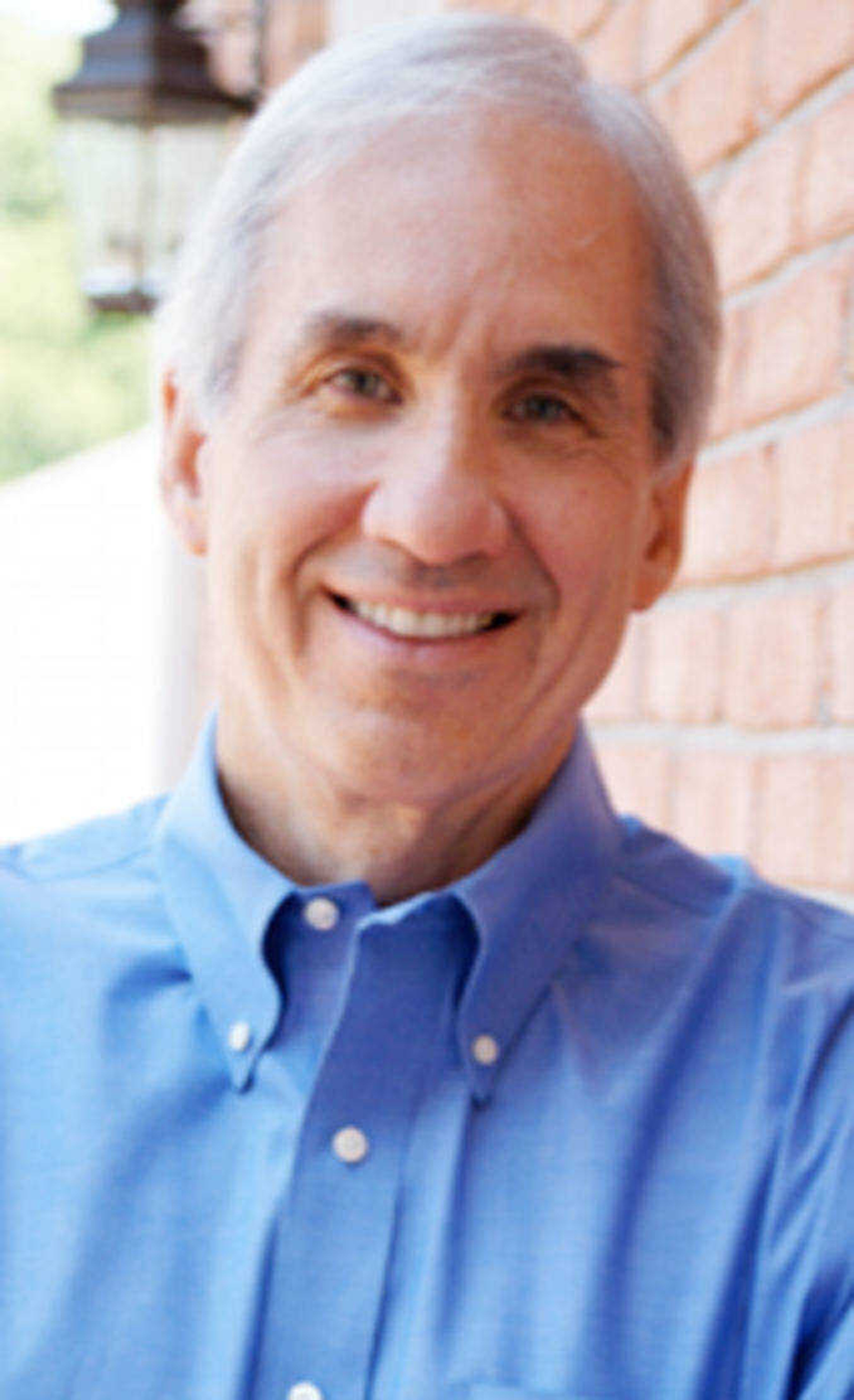AWARD IGNORES CLINTON'S DISBARMENT
What does it say about our culture when a prestigious law school chooses a disbarred former president of the United States to be the recipient of its International Advocate for Peace Award? Clinton will receive the award from Yeshiva University's Benjamin Cardozo Law School, having been chosen by two of the school's student groups, The Cardoza Online Journal of Conflict Resolution and the International Law Students Association...
What does it say about our culture when a prestigious law school chooses a disbarred former president of the United States to be the recipient of its International Advocate for Peace Award?
Clinton will receive the award from Yeshiva University's Benjamin Cardozo Law School, having been chosen by two of the school's student groups, The Cardoza Online Journal of Conflict Resolution and the International Law Students Association.
In their press statement announcing the award, the groups said, "President Clinton is being honored for his efforts in promoting peace throughout the world."
Granted, this is an award for peace efforts, not for law enforcement or respect for the Constitution and rule of law. But is that truly all it is? How can a law school honor someone who has just been disbarred for five years by his state bar association? Were there no candidates for the peace award who had not been disbarred or otherwise disgraced? If not, then the award isn't worth much.
There are any number of law-abiding people who would have been deserving of the award. So, why Clinton? I suppose the students' answer would be that Clinton is the most deserving because of his peace efforts in Ireland and the Middle East, maybe even Korea or Serbia. Don't get me started on the subject of whether he would have merited the award if he hadn't committed crimes and disbarrable offenses. That's another column. Besides, that question is moot because Bill Clinton did commit multiple crimes and disbarrable offenses. Even many of Clinton's friends believe he committed gross improprieties during his last weeks in office, including the pardons.
One has to assume that the students saw nothing improper in their law school bestowing a peace prize on an otherwise unsavory individual. How can that be?
I can think of a few possible explanations. One is that the students disagree with this negative assessment of Clinton's character, which would call into question their collective and individual judgment. Another is that they don't believe that an award candidate's respect for the law is relevant for such an award. If that's the case, aren't they making a statement that the law itself is less worthy of respect? Without question.
This is analogous to the principle that Dr. Alan Keyes articulated during the impeachment ordeal with respect to Clinton's alleged private behavior. The president of the United States is president 24 hours a day, argued Keyes. As such, he cannot act in a private capacity. Every act he takes is a reflection on the institution of the presidency. The private-public distinction is specious. Similarly, our nation's law schools are representatives of the law itself, and every action they take is necessarily taken in that capacity.
If respect for the law is to mean anything in this country, then the institutions that teach the law must encourage a reverence for it. My law school commencement speaker -- who happened to be one of our law school professors -- told us that as lawyers we would be in a unique position in society. We could use our legal expertise to bring honor to the profession and benefit society or we could use our special knowledge to cut corners, prey on others and benefit ourselves.
Having heard that message by someone we respected did not ensure that we would all take the honorable path. But it certainly reinforced the values most of us had been taught at home, instead of the moral relativism that infects so many of our academic institutions.
It is immensely troubling that these Cardoza law students can so facilely ignore Clinton's contempt for the law in choosing him for the award. But it's not surprising, in that they have been bombarded for the past eight years with Clintonized ethics.
These ethics teach that perjury, subornation of perjury and obstruction of justice are not crimes if committed for the purpose of concealing marital infidelity. They teach that phone sex on a line vulnerable to tapping by foreign agents ready to blackmail a United States president is nothing more than phone sex. They teach that it is OK for the most powerful man on the planet to victimize little people who get in his way, provided he holds himself out as a champion of the little people.
On the brighter side, we now have a president who respects the law -- and that can't help but make a difference in our society.
~David Limbaugh is a Cape Girardeau lawyer, author and nationally syndicated columnist.
Connect with the Southeast Missourian Newsroom:
For corrections to this story or other insights for the editor, click here. To submit a letter to the editor, click here. To learn about the Southeast Missourian’s AI Policy, click here.










